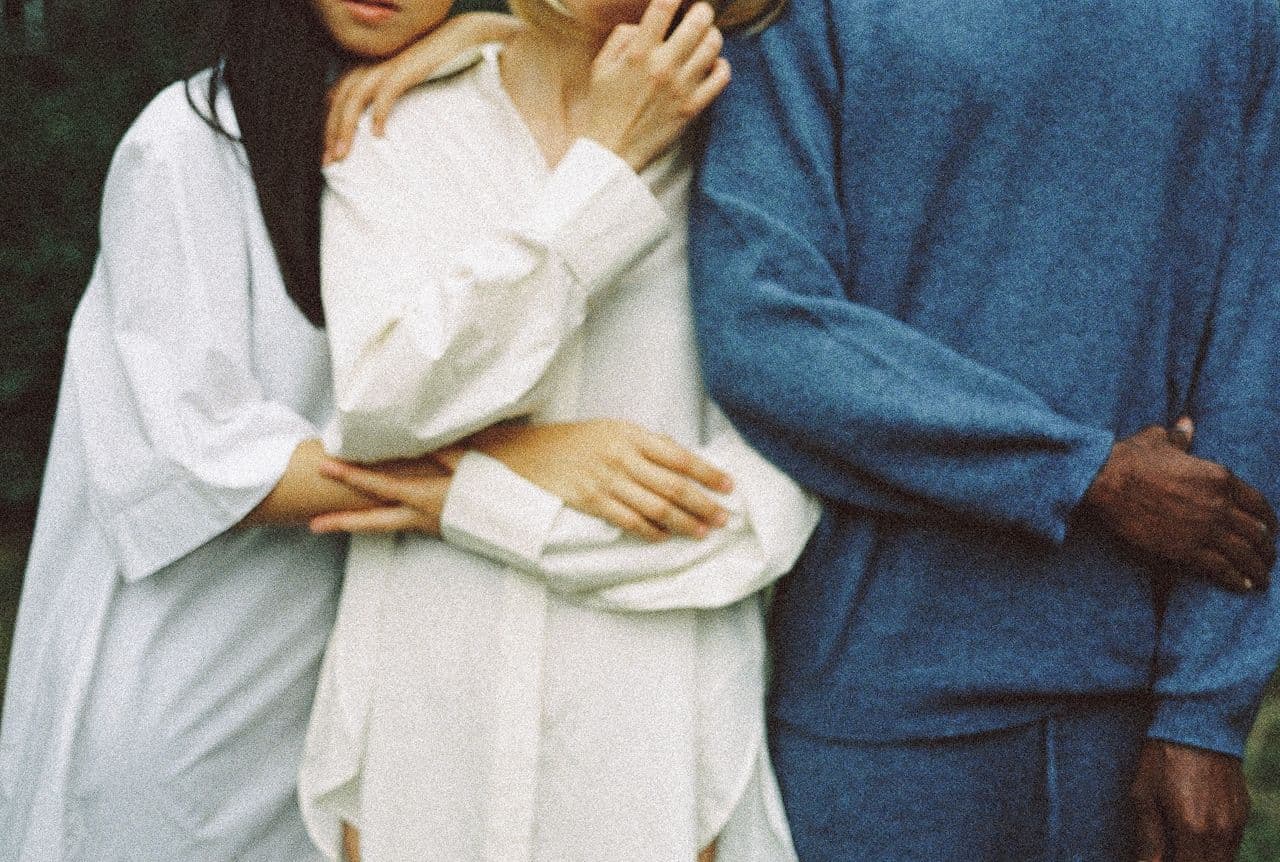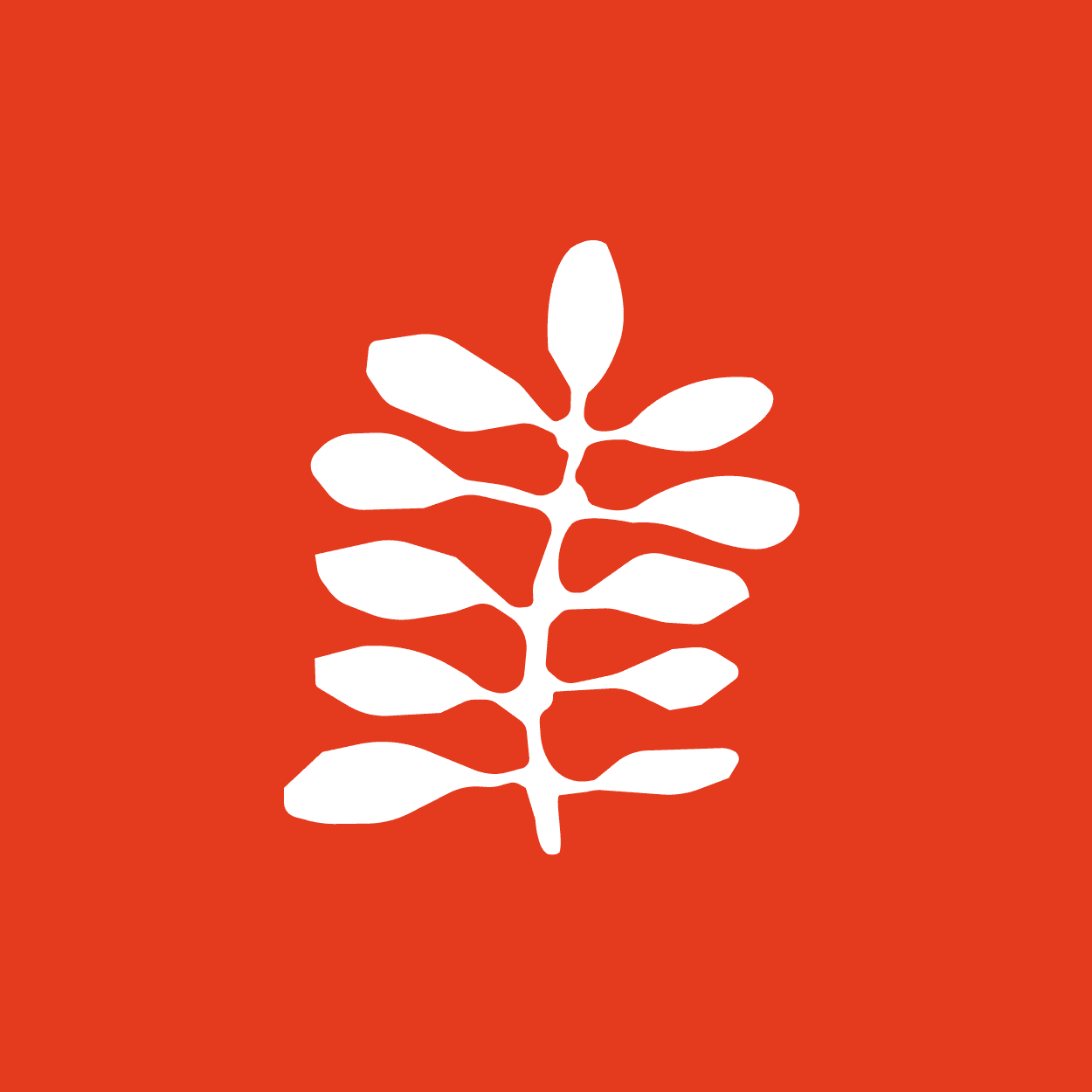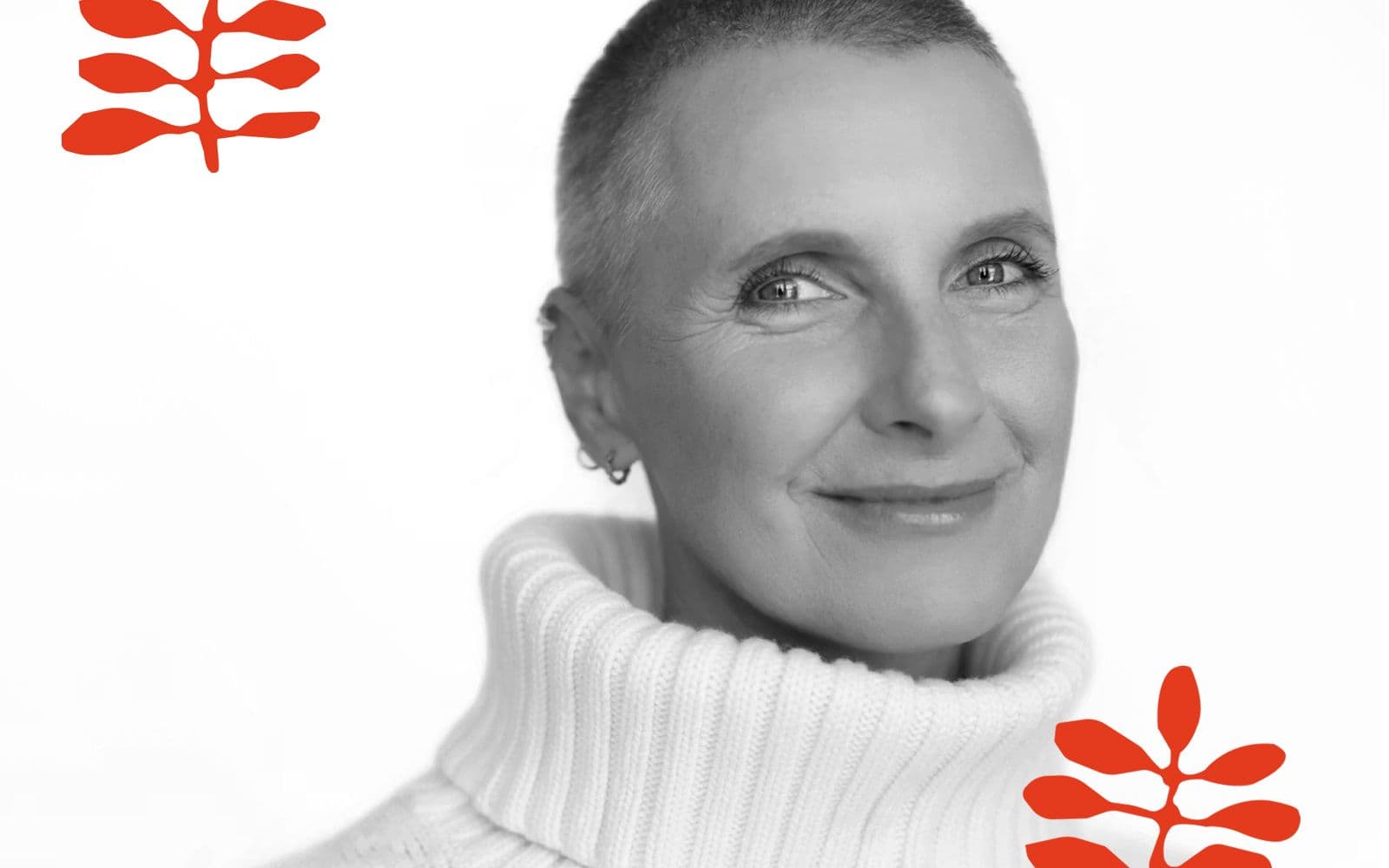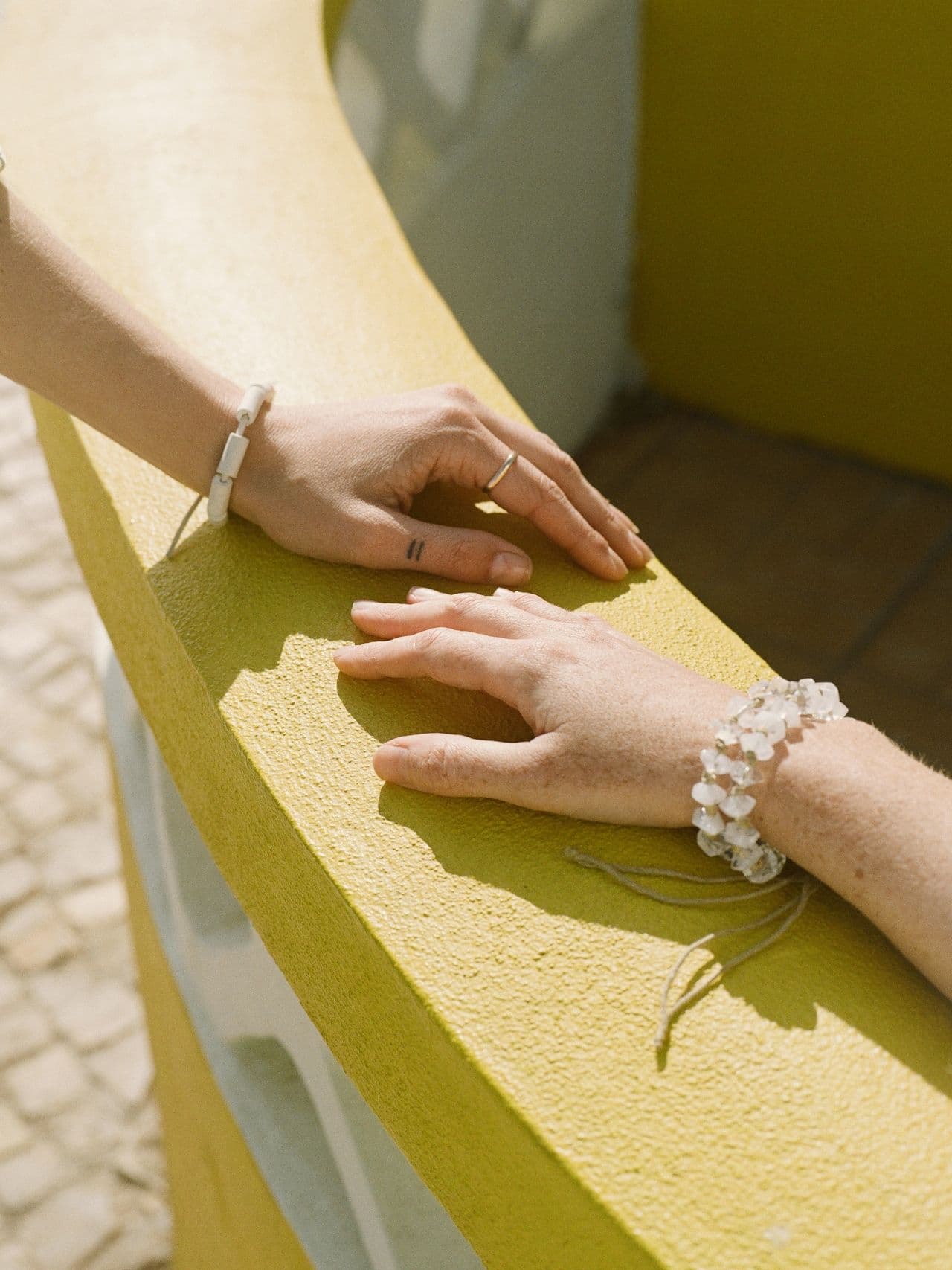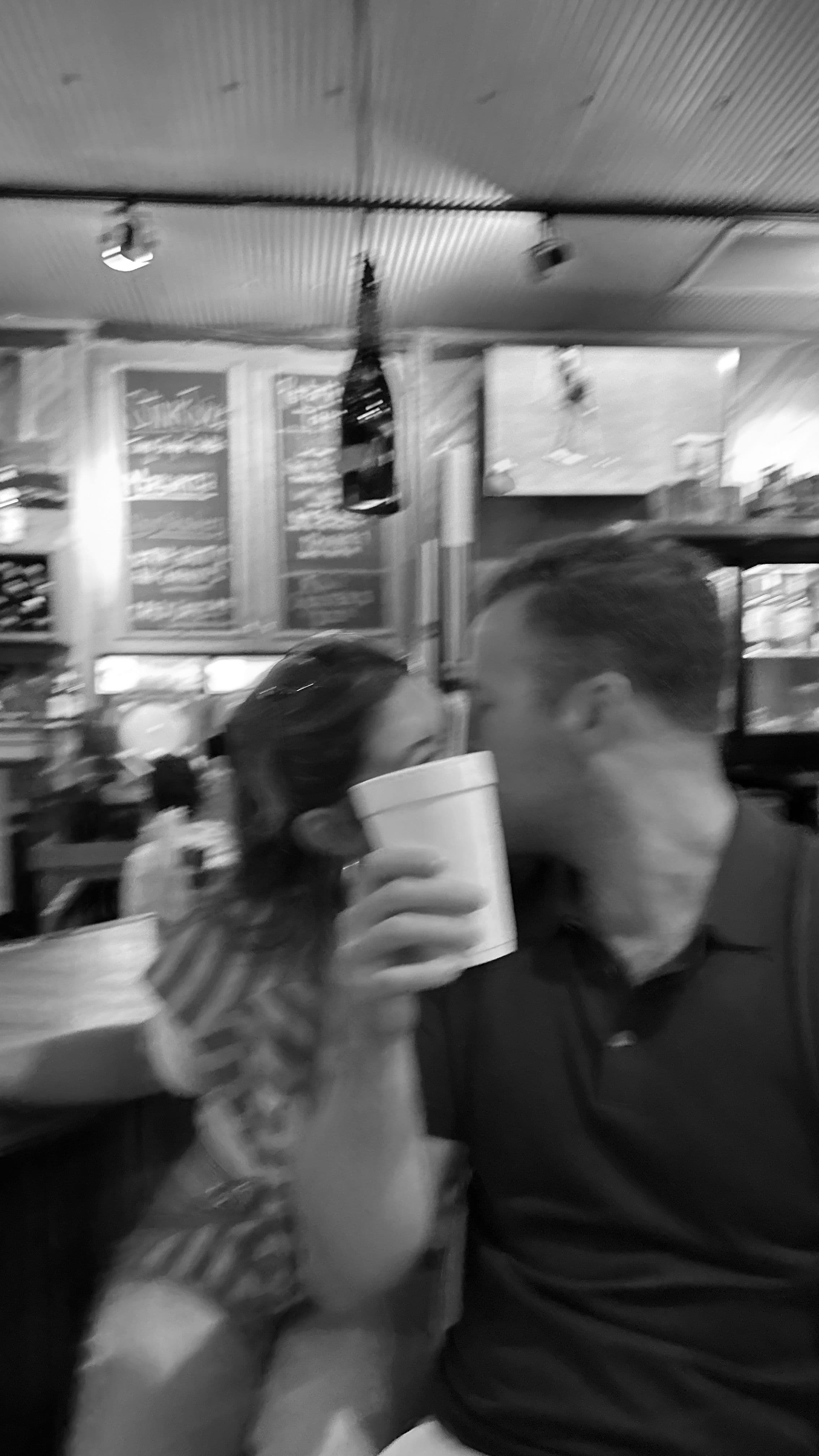When we asked women about the gestures that meant the most during their cancer treatment, the answers were as varied as the women themselves. There are grand gestures that took months of planning–and simple, easy gestures that were as powerful. There are big parties and cards that never say ‘get well’ and aim instead to get a laugh. Every story here is a reminder that being part of a supportive circle can take many forms. Here are the gestures ten women loved best.
Throwing a ‘Bye-Bye Boobs Party’ Before a Mastectomy
Anonymous, BRCA1 positive, double mastectomy at 22
When I figured out that I was going to have a double mastectomy, my mom said it would be so fun to throw you a Bye Bye Boob party. As it got closer, I was so anxious: ‘I don't know if I can have this whole party.’ My mom planned the whole thing. My school friends, my home friends, and my camp friends all came, and it was so fun. My mom got this huge boob cake and boob cupcakes. We had Pin the Nipple on the Boob game: it was just my head on this naked lady. And then my mom ordered this huge bra off of eBay, and everyone signed it. It was a really nice way to try and have some fun with it, even though there's really not much fun about it. My mom really took the bull by the horns and did this whole thing for me.
Remembering Scans and Treatment Days With a Kind, Quick Text
Anonymous, treatment at 34
One of the most supportive things my friends and family did during treatment was to send me encouraging text messages before and after treatment days or big scans. It’s such a simple thing, to put my treatment schedule into their calendars and send a text, but it makes such a difference. The morning of chemo or before a PET scan, to get notes of encouragement or just a ‘thinking of you today’ message, especially unprompted, it really made me feel so loved and cared for. Walking into the hospital for treatment, it can feel so hard to keep showing up month after month. Those little gestures helped pump me up each time.
Giving a Thoughtful, Luxe, We-Know-You-Very-Well Group Gift
Lacey Moore, a kindergarten teacher, diagnosed with breast cancer at 26
Every single time I came back from treatment there were notes from my class saying, ‘I miss you’, and ‘When are you coming back?’ I would get videos from the substitute teachers. The kids and the parents were very, very sweet. The year that I got diagnosed, all the parents in my classroom got together and bought my husband and me a Breville espresso machine. I have no words. I used to be a barista before I became a teacher. It was things like that where they got together and showed they cared so much.
Organizing Low-Lift Playdates, and Generally Facilitating Rest & Childcare at the Same Time
Jadey Co-Founder Michelle Reiss, diagnosed and treated for Hodgkin Lymphoma in 2024
My daughter was two years old when I went through treatment, and I did not have the energy to watch her by myself for long periods of time. It was really upsetting for me and a hard dynamic to adjust to. But I had a few different friends with kids of similar age, and we would meet up for low-key playdates whenever I needed some extra support. We would meet at the park with takeout for dinner, and the kids would play while we sat and chatted. Or they would come over to my house for the afternoon and watch the kids while I rested. I felt a lot of guilt about not being the best version of the mom I wanted to be during treatment, and these hangouts were a nice way to see friends and have moments that felt almost normal.
Sending a Distinctly Not-Get-Well Card
Dana, who was diagnosed with lung adenocarcinoma at 45
My friend, every two weeks, would send me a card— and it was a really funny card. It wasn't like a ‘I'm so sorry you're sick, whatever’. It was something to make me laugh. I really appreciated those. I don't even know where she found all of these amazing cards, but they were hilarious… Some of my closest college friends got together and every chemo week, I got a huge package from all of them. Sometimes it was funny stuff, sometimes it was sweet stuff. One time I got a whole box of everything that had our sorority brand on it from college and that totally made me crack up.
Dressing Up in Full Costume for Treatment Appointment Movie Dates
Abbie Marshall, diagnosed with breast cancer at 35
Going to treatment felt very heavy and intense, and I needed to do something that was funny to try to lighten the mood a bit. Each treatment my family or friends came to, we had a different theme, and I made them dress up with me in a ridiculous outfit–and then we watched a movie or TV show, or something on my iPad that had to do with the silly outfit that we were wearing. So the first one, my husband came with me, and we wore superhero outfits and watched Ms. Marvel. We did an early 2000s day, where my friend and I dressed in Juicy-inspired tracksuits and watched Mean Girls. Then pop star divas, where my sisters and I wore Britney Spears and Spice Girls concert t-shirts, got sparkly mics, and watched the J.Lo documentary. I told everyone that when you have cancer, no one can say ‘no’ to you. So when I told my friends that dressing up is what we were doing, everyone went along with it and really embraced it.
Simply Spending Time Together
Anonymous, chemotherapy treatment last year
Sometimes on low energy days at home, I just wanted to feel like someone was there with me. Even when I felt so crummy I couldn’t even watch TV or didn’t feel like chatting, just having someone there, existing next to me was comforting.
Texting Calming Videos of Nature-y Walks Before Appointments
Paula Ruska, diagnosed with throat cancer when she was 68
My friends sent me videos of their relaxing walks through the woods and I’d watch them to help calm myself before appointments. In my mind, I would put myself in a different place: I would be taking a walk through a wooded area.
Finding TikTok Camaraderie, When Close Friends Were Too Scared
Carolyn, stage four breast cancer at 38
For me, it's easier to share with people you don't necessarily know. People in my circle had their own fears. They’d hear stage four cancer and think, Oh my gosh, you’re going to die. I know I thought that when I heard stage four cancer. Not saying that they shouldn't have those emotions, but dealing with those emotions of people that you're close to takes more of a toll on you than dealing with the emotions of people on TikTok.
[On TikTok] I've had so many women reach out to me saying, ‘I've gone through those same symptoms, and it helps me too.’ It helps me to know that I'm not going crazy. You just build this community of like-minded people, and you don't necessarily have to worry about them thinking that this is the last conversation you're going to have because you're going to die tomorrow. It's just kind of understood, when you're dealing with people that have gone through something very similar.
Organizing A Surprise Fundraising Run
Lauren McDermott, diagnosed with breast cancer at 22
When I was diagnosed, [my two best friends] thought of making a team for the CIBC Run for the Cure. It's a community event that raises money for breast cancer– it happens all throughout Ontario. My friends organized a whole team as a surprise–I knew nothing. They recruited lots of people, like my close family and friends, and then it snowballed from there to getting more people involved. We raised almost $25,000 and there were over 60 people on my team by the time the run came. They set up this team and came up with a name–‘Lace Up for Lo’–my nickname is Lo. They made a logo, they made t-shirts, they recorded a video for me.
They came over to my house after my first round of chemo, and I was exhausted in bed. They showed me the video and it was the sweetest thing. I was so surprised. I don’t think I’ve ever really had any kind of surprise party before–I’m not one to get very surprised often. It was so sweet and such a nice gesture.
It was something they wanted to do to contribute. It’s hard in these situations: what can you do to help someone who’s going through something like this, other than just be there to listen to them? For my friends, I think it was hard to figure out what they could do for me. I’m someone who’s very stubborn and independent, so I don’t often ask for help–and all my friends know that. It was really meaningful to me that they went ahead and just did this. Those actions are what really matter to me, when people don’t ask, but just take charge and do it.
These interviews have been edited and condensed for clarity.
